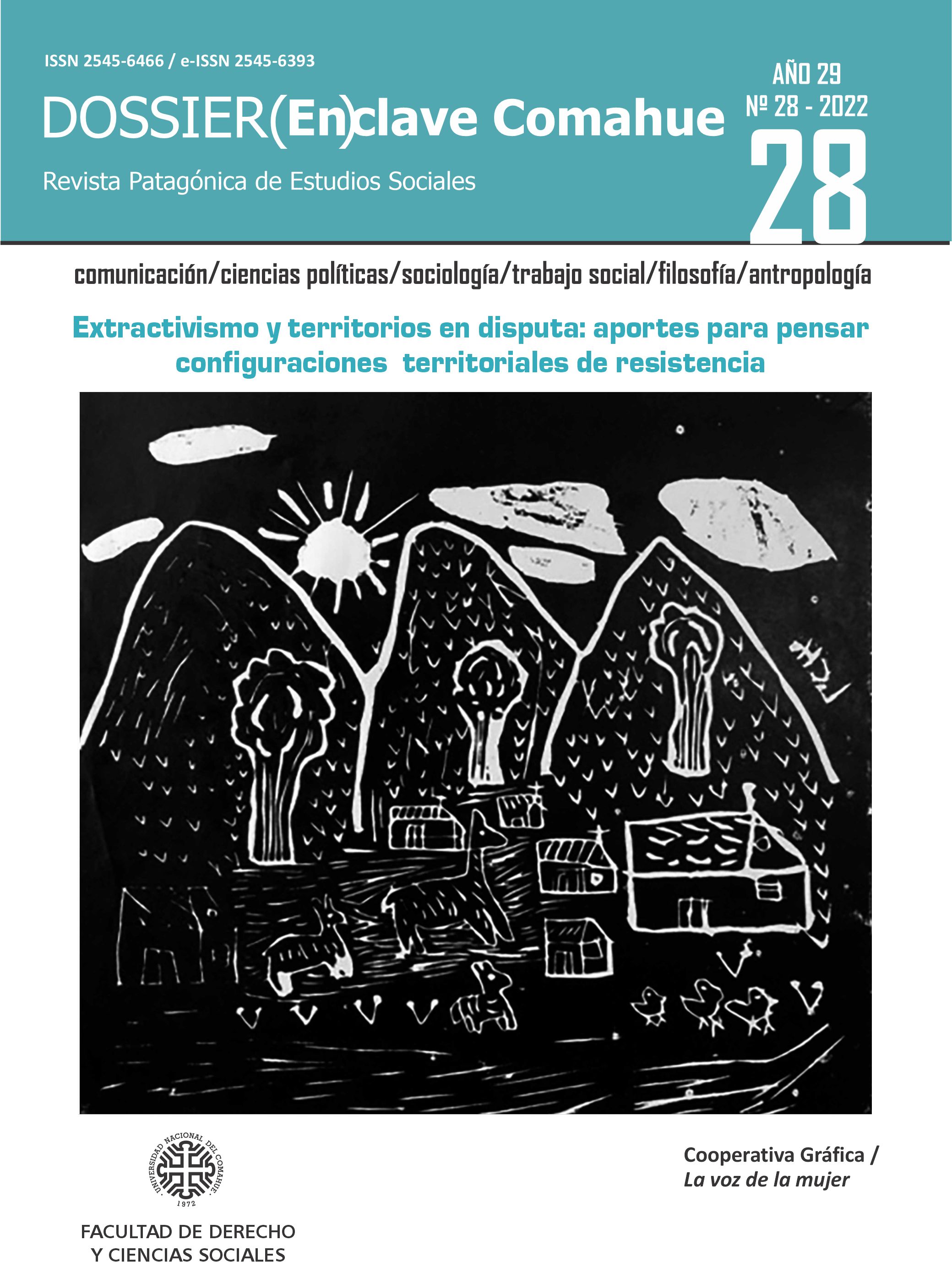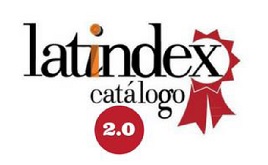You simply cannot breathe in Rosario! The expansion of the socio-environmental conflict due to the fires in the islands and in defense of the wetlands
Abstract
In the year 2020 while the whole world was suffering the effects of the covid-19 pandemic, the islands in front of the city of Rosario burned in flames for months. Highly toxic smoke affected the breathing of people in the city, while the fire put human and non-human life at risk in the comprehensive ecosystem of the wetland. In the face of this, a protest and mobilization quickly emerged for fire suppression and the defense of the territory, common goods and people’s health, consolidating frameworks of collective interpretation in the expansion of a public issue. The central questions of this article are: what were the political meanings that were expressed and consolidated in this conflict?, what characteristics did the re-territorialization process have?, and how did the "public issue" of the burning of the islands expand into the demand for a national bill for the defense of wetlands? This article combines analyses from the theory of social movements and collective action and the sociology of "public issues" with contributions from the field of political ecology and critical geography. The working hypothesis argues that the context of socio-environmental crisis and pandemic, the organizational forms, the political meanings and repertoires that social mobilization takes on in the expansion of this conflict express the reconfiguration of the river-island-delta-wetland territory in a relational logic where health and environment are intertwined in the defense of wetlands.
usechatgpt init successDownloads
Downloads
Published
How to Cite
Issue
Section
License
Copyright (c) 2023 Melisa Argento

This work is licensed under a Creative Commons Attribution-NonCommercial-ShareAlike 4.0 International License.
Los autores de los artículos publicados conservan los derechos de autor y garantizan a la revista el derecho a ser la primera publicación. Los autores podrán adoptar otros acuerdos de licencia no exclusiva de distribución de la versión de la obra publicada (p. ej.: depositarla en un repositorio institucional o en sus sitios personales) siempre que se indique la publicación inicial en esta revista.
Los artículos se publican bajo la licencia de Creative Commons Reconocimiento-NoComercial-CompartirIgual 4.0 Internacional, mediante la cual se permite copiar, reproducir, distribuir, comunicar públicamente la obra y generar obras derivadas, siempre y cuando se cite y reconozca al autor original. No se permite utilizar la obra ni sus posibles obras derivadas con fines comerciales.
ACLARACIÓN: En números anteriores al año 2017 se utilizó la licencia Creative Commons BY-NC-ND para la publicación de los artículos.







